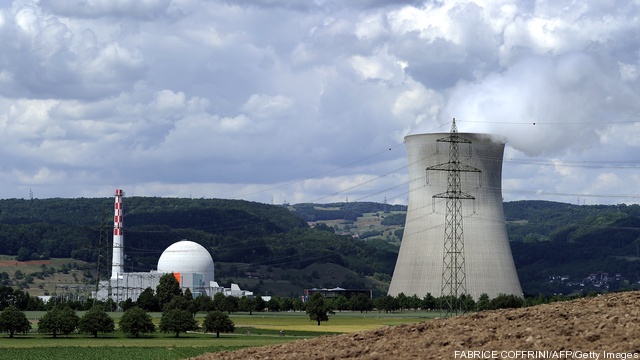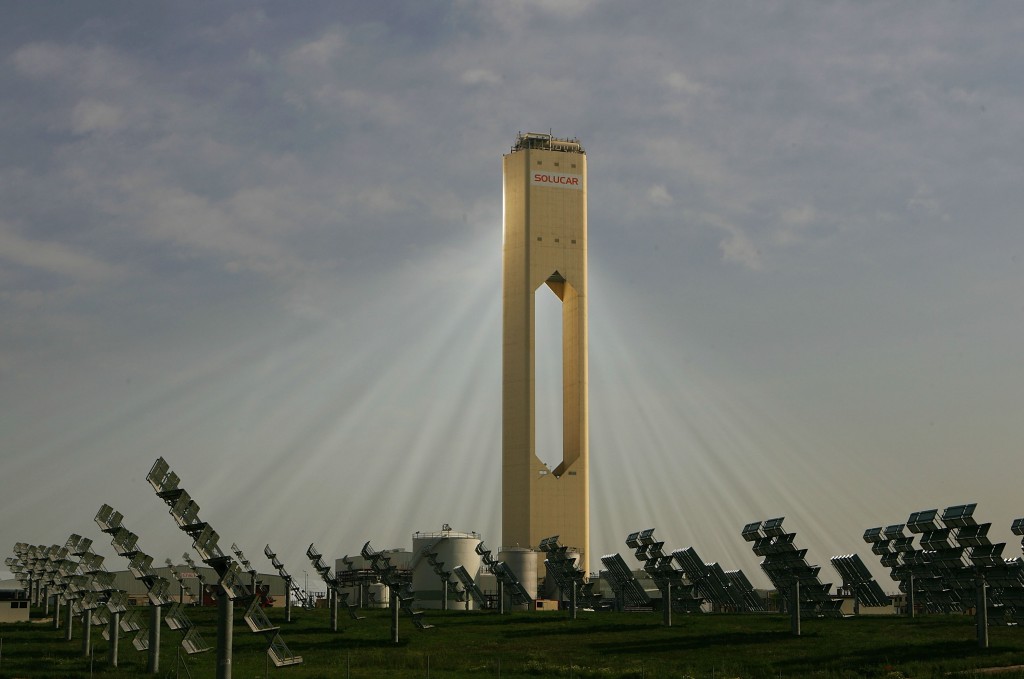The fourth meeting of the U.S.-Japan Bilateral Commission on Civil Nuclear Cooperation (the Bilateral Commission) was held on November 4, 2015, in Washington, D.C., with U.S. Deputy Secretary of Energy Elizabeth Sherwood-Randall and Japan’s Deputy Minister for Foreign Affairs Shinsuke Sugiyama leading the discussions as Co-Chairs. The delegations included participants representing a wide range of… Keep reading →
Fukushima
Fact Sheet: The Fourth Meeting Of The U.S.-Japan Bilateral Commission On Civil Nuclear Cooperation
By U.S. Department of EnergySign up and get Breaking Energy news in your inbox.
We will never sell or share your information without your consent. See our privacy policy.Quick Take: Pity poor Japan. They’ve never had much in fossil fuels, so they migrated to nuclear for electric power generation. Then the Fukushima disaster pulled the rug out from under nuclear, necessitating a head-long rush to renewables plus demand-side management. But integrating renewables at scale requires improvements in the grid, improvements that take time. We… Keep reading →
Advancing Civil Nuclear Cooperation with Japan
By U.S Department of EnergyEditor’s note: This post has been updated since publication. In June, Deputy Secretary Daniel Poneman traveled to Japan for the third meeting of the Bilateral Commission on Civil Nuclear Cooperation (BLC). The BLC was launched by President Obama and Prime Minister Noda during their meeting in Washington in April 2012, recognizing that the need for… Keep reading →
Going Big At Home and Abroad: China’s Nuclear Ambitions
By Kate Rosow ChrismanThree years ago, Beijing residents started hoarding iodine salt. Stores sold out of the commodity within days and those with extra supplies jacked up prices to take advantage of the frantic demand. China had not developed a sudden taste for salty foods. Instead, a frightened populace was trying to protect itself against any radiation blown… Keep reading →
Energy ‘Policy Costs’ Impact Japan’s International Competitiveness
By Roman KilisekDuring his first stint as prime minister in 2006, Prime Minister Abe’s Nuclear Energy National Plan from December 2006 talked about a “re-recognition of the importance of energy security in industrialized nations” with the direction of energy policy not being “Nuclear energy “OR” Renewable energy but Nuclear energy “AND” Renewable energy.” As a previous article… Keep reading →
The Japanese government has softened its anti-nuclear power strategy, which could open the way to existing reactor restarts and possibly even new plant construction. The post-Fukushima shutdown of the country’s nuclear fleet has led to increased electricity prices, eroded the trade balance and spiked fossil fuel imports, which are unsustainable conditions according to a new… Keep reading →
Energy News Roundup: EPA Pulls Back on Ethanol, Solar Plants Burning Birds and Japan Cuts Climate Targets
By Jared AndersonThe EPA announced its proposed 2014 biofuel blending requirements late last week and reduced the volume requirements for the first time. Oil refining interests and renewable fuels proponents have fought tooth and nail over the Renewable Fuel Standard since its inception and this latest move by the EPA constitutes a small victory for the petroleum… Keep reading →
Ken Silverstein does a nice overview of the debate about whether natural gas helps or hurts climate change mitigation efforts. US carbon dioxide emissions are down, but “inexpensive [natural gas] deposits coupled with the relative ease of building new gas plants has come at a price — the foregoing of other fuels.” [Forbes] Large energy… Keep reading →
US Energy Secretary Ernest Moniz has alluded to the promise of small modular reactors (SMRs) multiple times over the past few months, noting that they may offer benefits in terms of financing, costs and security, but warning that realistic expectations suggest these reactors are unlikely to come onstream for almost a decade. “We remain very… Keep reading →










